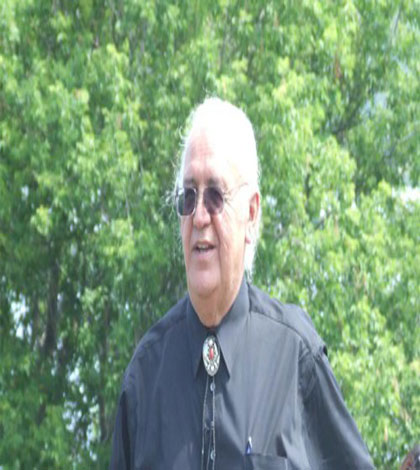PROVIDENCE BAY—Representatives of the Manitoulin-North Shore Federation of Agriculture are disputing provincial beekeepers’ association assertions that neonicotinoid-based seed treatments are a major reason for the large number of bee deaths each year.
“I know there have been concerns with bee colonies collapsing,” said Peggy Brekveld, OFA director at the Manitoulin North Shore OFA annual general meeting last Friday.
Keith Emiry, president of the local OFA branch stated, “from a layman’s stance it seems hard for me to fathom that these insecticides on seeds is the biggest player in bees having died, especially when we have gone hundreds of years using the same type of insecticides and there has never been a problem before.”
“We are hearing that the bees that were wintered over the year have sustained a huge number of kills this year,” said Ms. Brekveld. “The last couple of years the numbers that have died have risen like crazy. Bees are important and beekeepers and the governments are trying to find reasons for this. Bee farmer associations are looking for a ban on neonicotinoid-based seed treatments.” She pointed out, “Australia uses the same type of treatments and they have never had a problem.”
“As a federation all we want is for the decision to be made by the government to be science-based, using the most qualified management people in Canada,” stated Ms. Brekveld. “We just hope any decisions made are based on science.”
The Sudbury Star reported in its Friday, October 4, 2013 edition that the past president of the Canadian Seed Trade Association, Steve Denys, says a province-wide ban on neonicotinoid insecticides won’t solve the challenges faced by Ontario’s beekeepers and suggests that corn and soybean farmers might instead be forced to use chemicals at higher rates and with a higher toxicity. He also said farmers have been using the chemical since 2003 or 2004, while seed treatments have been in use for half a century.
Mr. Denys was also quoted as saying canola farmers in Western Canada use the same neonicotinoid treatment, and bee deaths there are much lower. France has had a partial ban in place for 10 years and its bee mortality rate hasn’t changed.





